Introduction: The Rise of a Reluctant Challenger
In a world dominated by Silicon Valley, Zoho is rewriting the rules from a quiet campus in Tenkasi, Tamil Nadu. While most tech companies chase headlines and venture capital, Zoho has built a billion-dollar empire by focusing on product depth, user experience, and long-term vision. Now, with its messaging app Arattai topping Indian app charts and its productivity suite expanding globally, Zoho is no longer just a quiet success story. It’s a serious contender.
This article explores how Zoho is positioning itself against giants like Microsoft and Google, why its founder Sridhar Vembu believes in building from rural India, and what this means for the future of Indian tech.
Arattai’s Surge: A Signal of Demand for Indian Alternatives
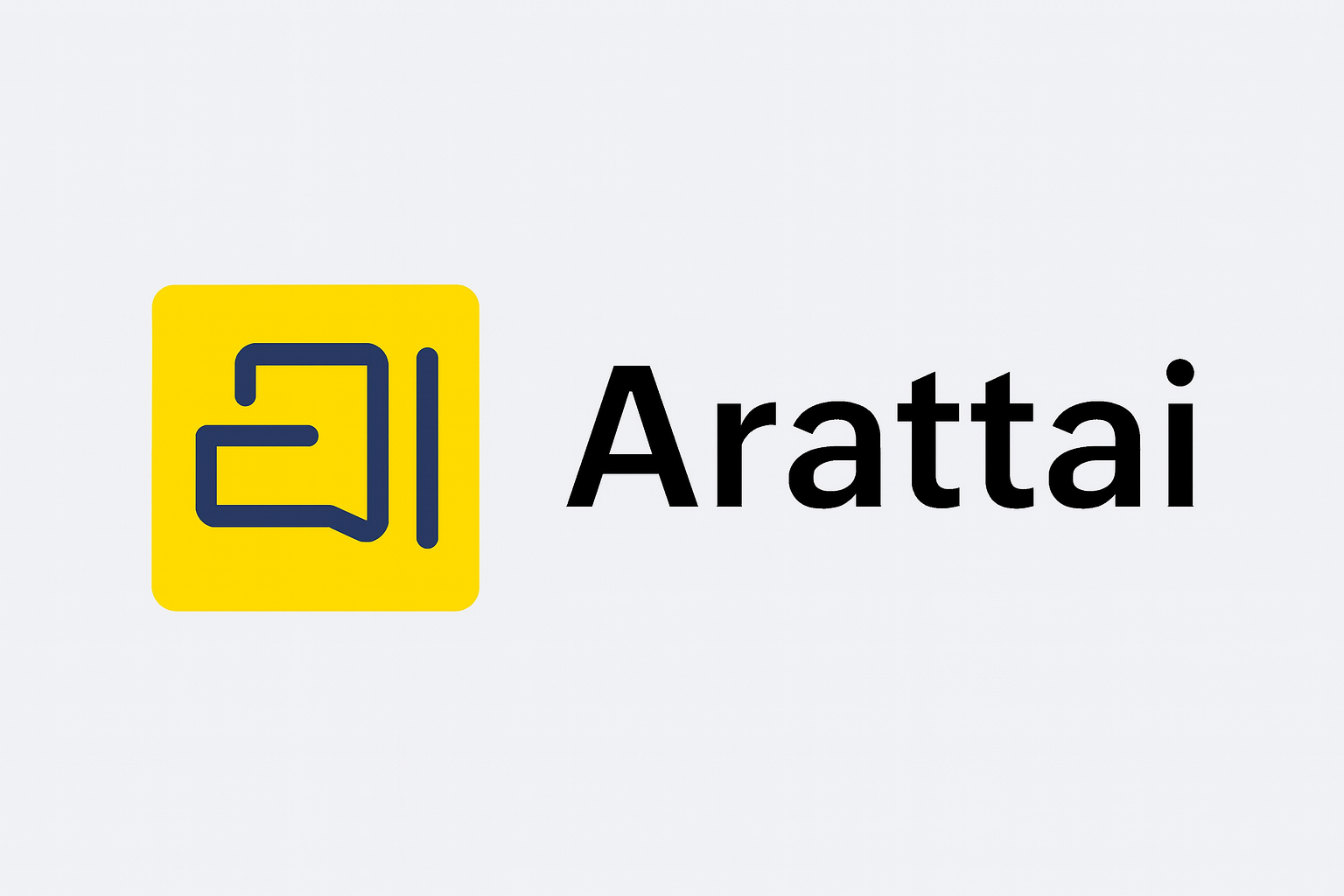
In late September 2025, Arattai, Zoho’s encrypted messaging app, hit the number one spot on Indian app stores. The surge was so intense that Zoho had to expand its server capacity overnight. This wasn’t just a viral moment. It was a signal that Indian users are hungry for secure, homegrown platforms that respect privacy and offer intuitive design.
Unlike WhatsApp or Telegram, Arattai is built with Indian infrastructure and values in mind. It’s part of a broader push by Zoho to create alternatives that are not just “Made in India” but “Made for India.”
Zoho’s Ulaa Browser: A Privacy-First Challenger
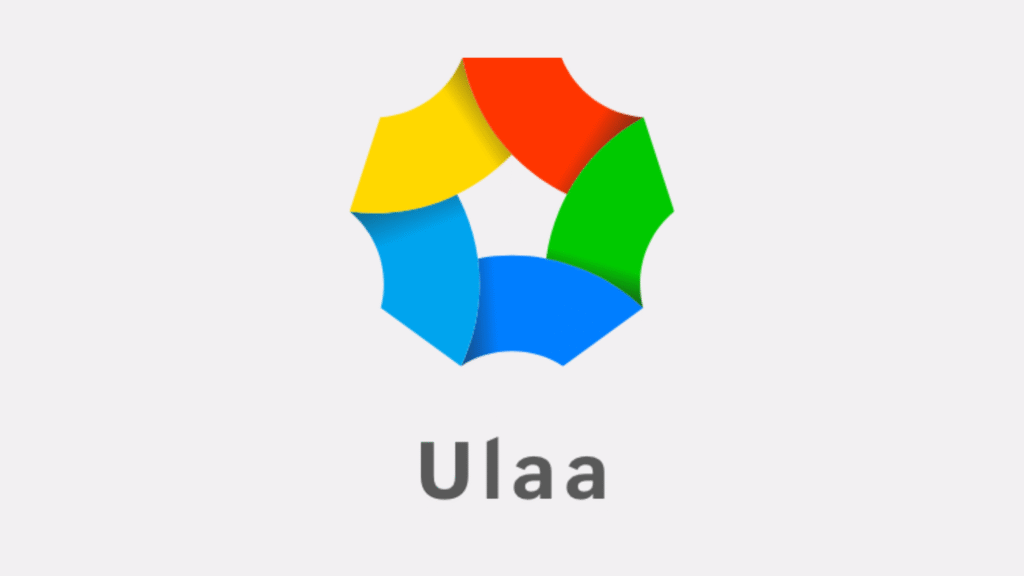
Zoho’s Ulaa, meaning “stroll” in Tamil, is a privacy-focused browser that won the Indian Web Browser Development Challenge in March 2025. Featuring CCA Root integration, AI-driven phishing detection, and a 24-hour security patch policy, it offers tailored modes for work, personal use, and kids. Ulaa blocks ads and trackers, integrates with Zoho’s ecosystem, and provides detailed privacy reports. Its enterprise version, launched in 2025 with Zia AI, ensures robust security for businesses at $1/month per device. Despite minor multi-tab glitches and a need for stronger kids’ mode safeguards, Ulaa’s 2.5x download surge highlights its growing appeal as an Indian alternative to Chrome.
Sridhar Vembu’s Philosophy: Build Slow, Build Deep

Zoho’s founder, Sridhar Vembu, is known for his contrarian views. He believes in bootstrapping, rural innovation, and building software that lasts. In recent interviews, he emphasized that Zoho’s strength lies in its ability to scale without compromising user experience.
“We offer a better experience than Microsoft,” Vembu said in a recent Financial Express interview. “Our suite is integrated, affordable, and built with long-term thinking.”
Zoho’s approach contrasts sharply with Big Tech’s rapid acquisition model. Instead of buying startups, Zoho builds its own tools from CRM to email to AI-powered analytics.
The Zoho Suite: A Quiet Powerhouse
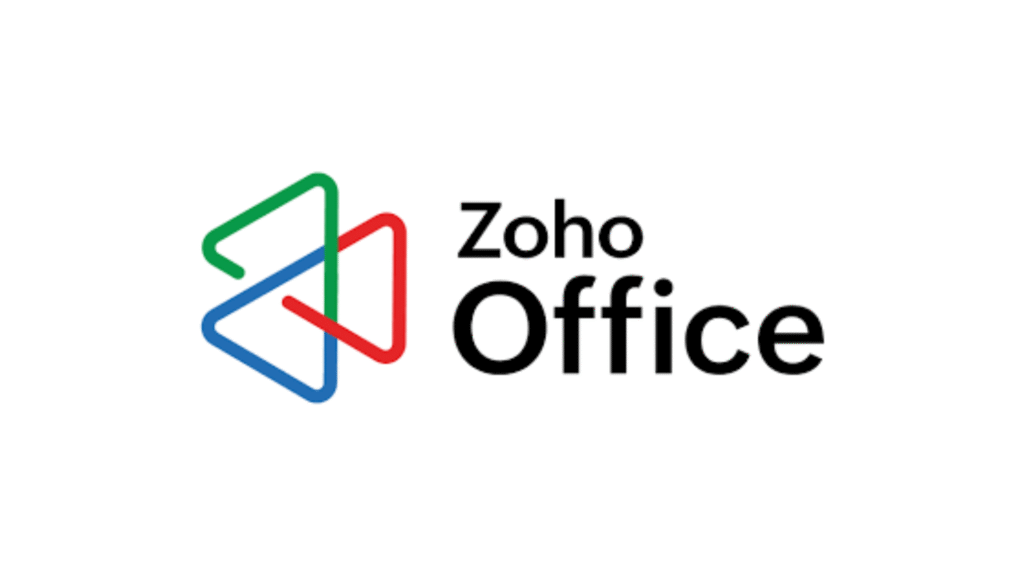
Zoho’s suite includes over 50 apps covering everything from finance to marketing. Its flagship products like Zoho Mail, Zoho CRM, and Zoho Books are used by millions globally. What sets them apart is seamless integration and affordability.
- Zoho Mail: Ad-free, privacy-focused email with enterprise-grade features.
- Zoho CRM: A robust customer relationship platform used by startups and Fortune 500s alike.
- Zoho Books: GST-compliant accounting software tailored for Indian businesses.
Unlike Microsoft 365 or Google Workspace, Zoho’s suite doesn’t rely on upselling or data monetization. It’s built for utility, not lock-in.
Below is the list of a comprehensive suite of tools that Zoho offers rival leading enterprise solutions, delivering cost-effective, privacy-focused alternatives for businesses.
Made in Tenkasi: The Rural Tech Model
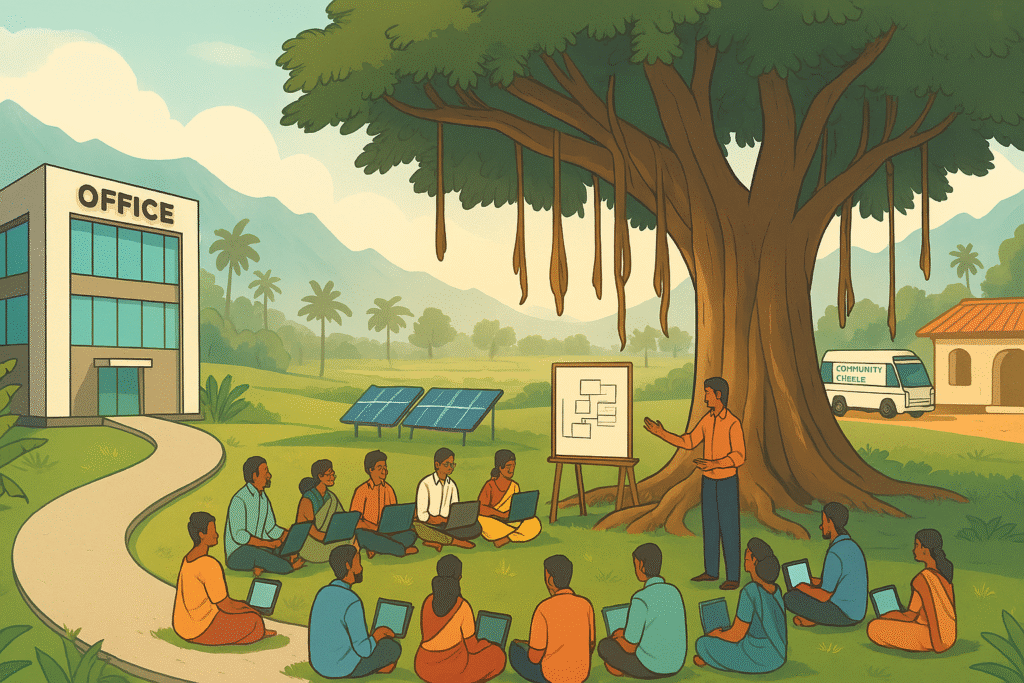
Zoho’s headquarters in Tenkasi is more than a symbolic gesture. It’s a model for decentralizing tech innovation. By training engineers locally and investing in rural infrastructure, Zoho is proving that world-class software can be built outside urban hubs.
This model also aligns with India’s broader digital inclusion goals. It empowers talent from Tier 2 and Tier 3 cities, reduces brain drain, and fosters community-driven growth.
AI and the Future: Zoho’s Bet on Responsible Innovation
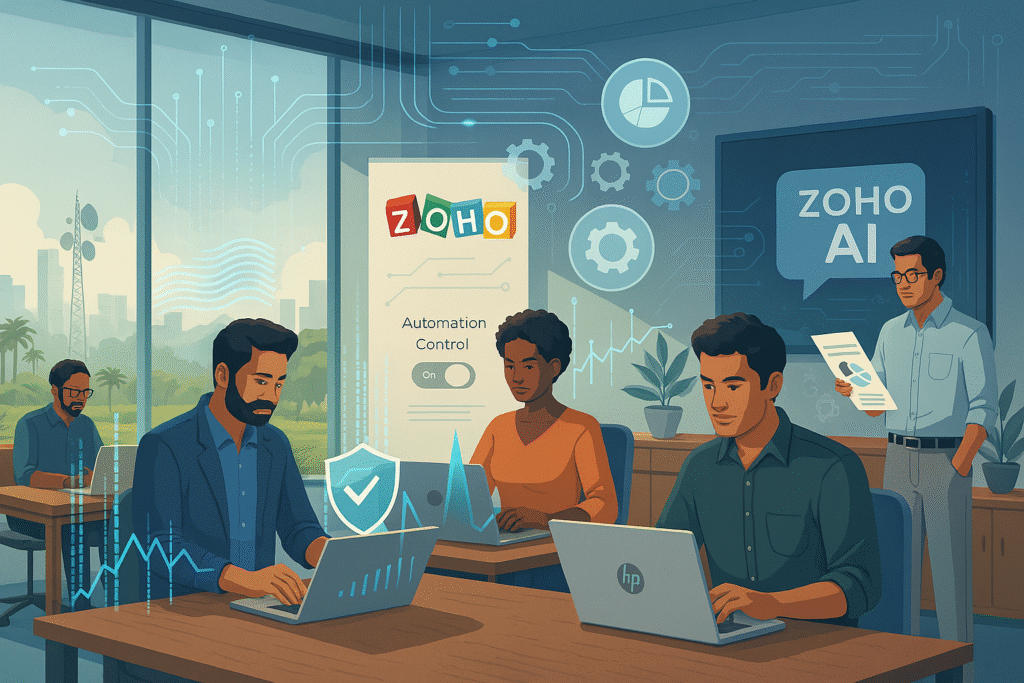
Zoho is investing heavily in AI, but with a focus on ethics and user control. Its AI tools are embedded across the suite, helping users automate tasks, analyze data, and improve workflows. Unlike some competitors, Zoho avoids opaque algorithms and prioritizes transparency.
In a CNBC interview, Mani Vembu, Zoho’s CEO, emphasized that AI should serve users, not replace them. This philosophy could become a key differentiator as AI adoption accelerates.
Recommended Reading

If you’re interested in the philosophy behind Zoho and the future of tech innovation, these books offer valuable insights:
- The Innovator’s Dilemma by Clayton Christensen
- Zero to One by Peter Thiel
- Deep Tech: Demystifying the Breakthrough Technologies That Will Revolutionize Everything by Eric Redmond
- The Lean Startup by Eric Ries
- Rebooting India by Nandan Nilekani and Viral Shah
Frequently Asked Questions

Q1: Is Zoho a competitor to Microsoft and Google?
A: Yes, Zoho offers a full suite of productivity and business apps that rival Microsoft 365 and Google Workspace, often at lower cost and with better integration.
Q2: What is Arattai?
A: Arattai is Zoho’s encrypted messaging app, designed as a secure alternative to WhatsApp and Telegram, built entirely in India.
Q3: Where is Zoho headquartered?
A: Zoho’s main campus is in Tenkasi, Tamil Nadu, India. It also has offices in the US and other countries.
Q4: Is Zoho suitable for startups?
A: Absolutely. Zoho’s pricing, scalability, and integration make it ideal for startups and small businesses.
Q5: Does Zoho use AI?
A: Yes, Zoho integrates AI across its suite, focusing on automation, analytics, and user empowerment.
Conclusion: Why Zoho Matters Now More Than Ever
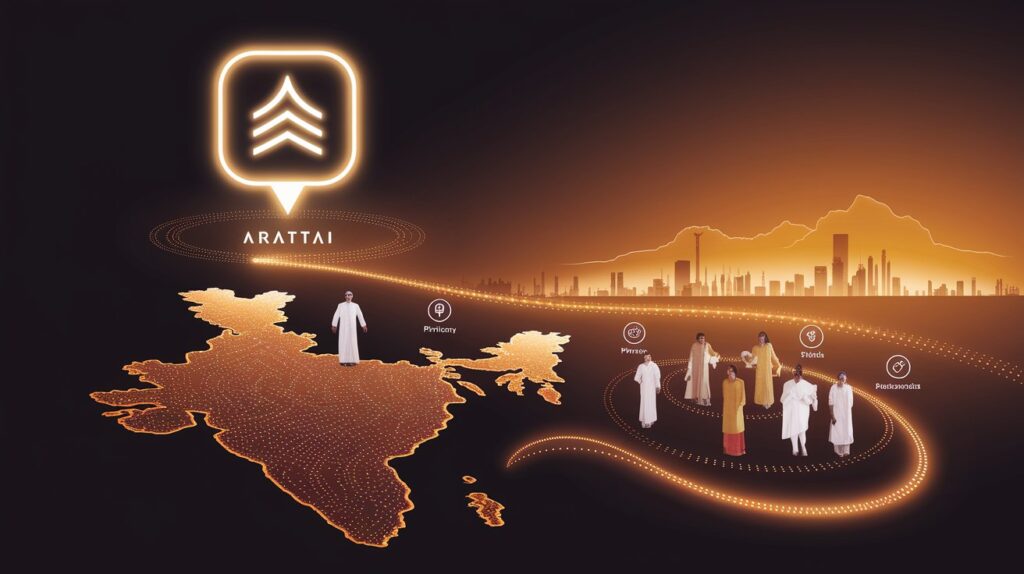
Zoho isn’t trying to be the next Microsoft. It’s trying to be something different, an Indian tech company that builds for the long haul, respects user privacy, and believes in local talent. As Arattai climbs the charts and Zoho’s suite gains traction globally, it’s clear that the company’s quiet revolution is gaining momentum.
For Indian entrepreneurs, developers, and policymakers, Zoho offers a blueprint for sustainable, independent innovation. And for users tired of Big Tech’s compromises, it offers a refreshing alternative.

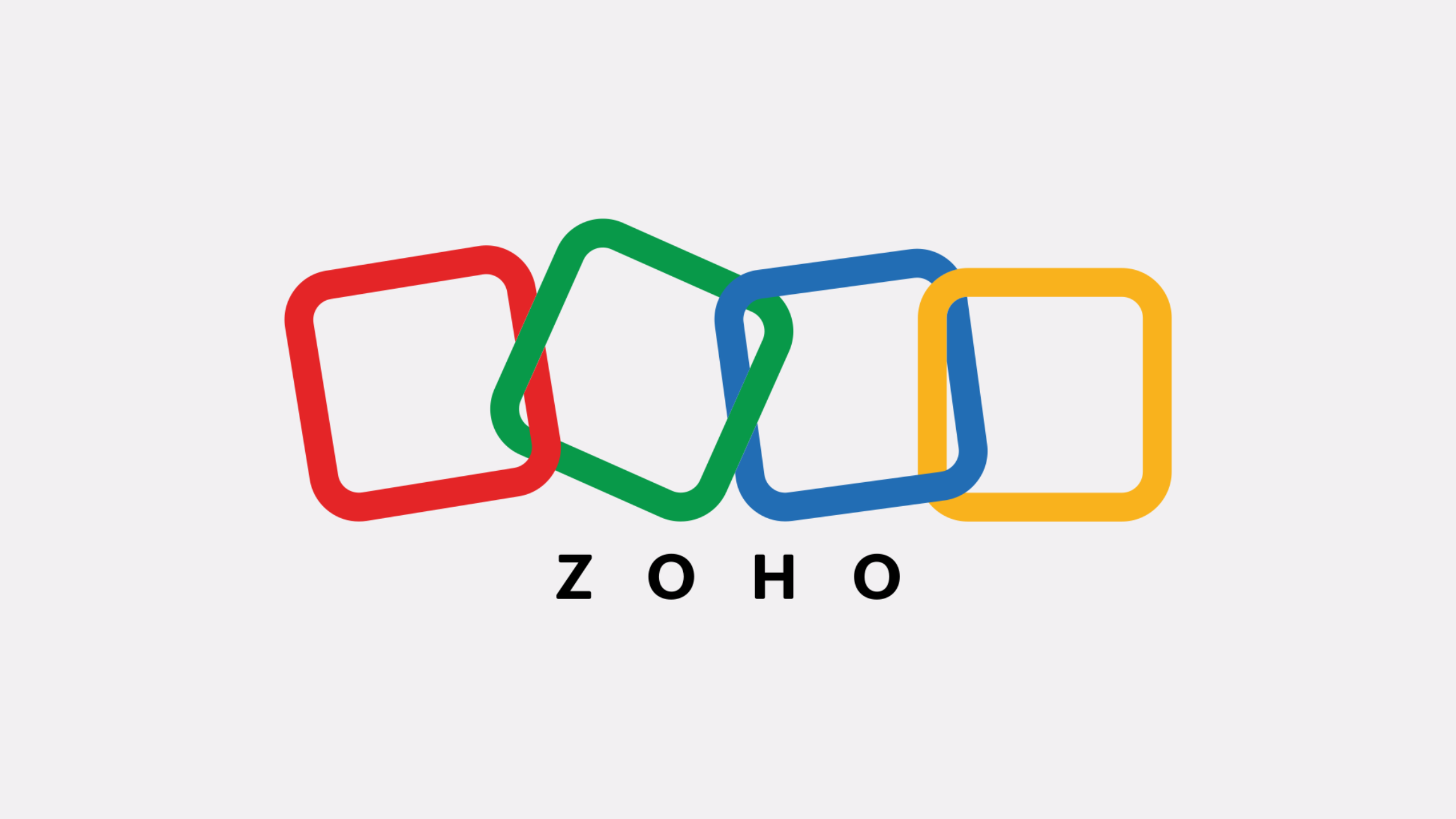



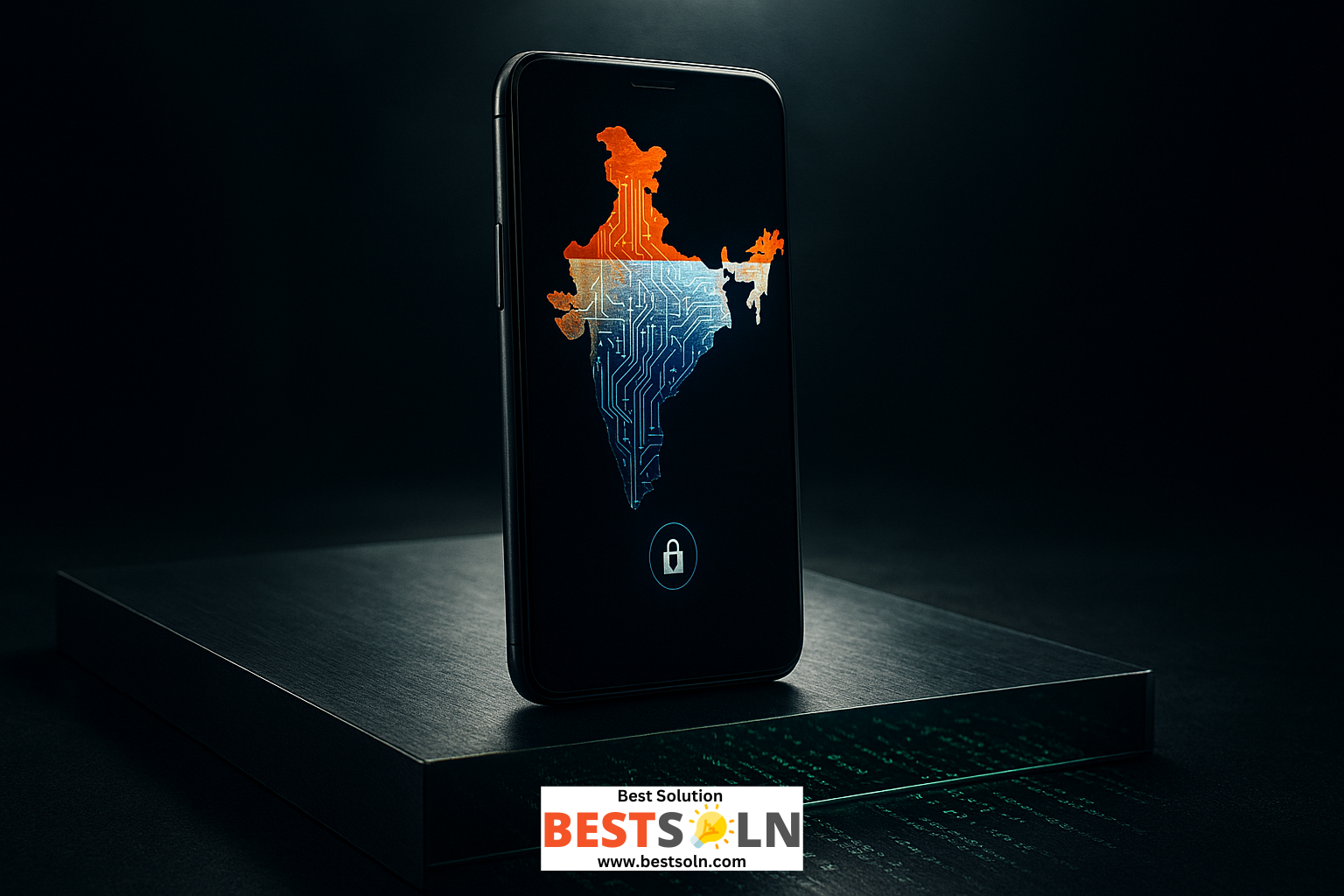

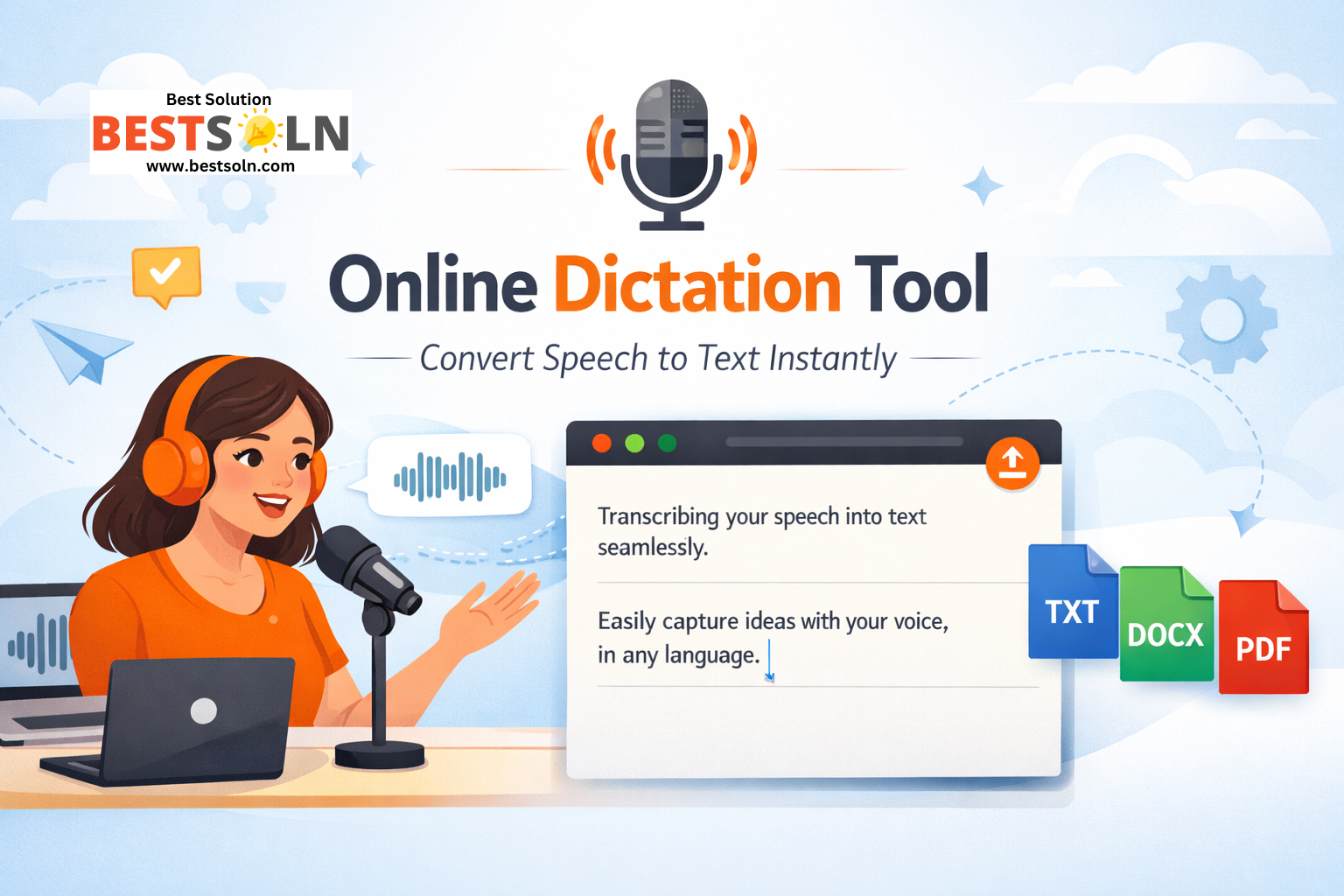
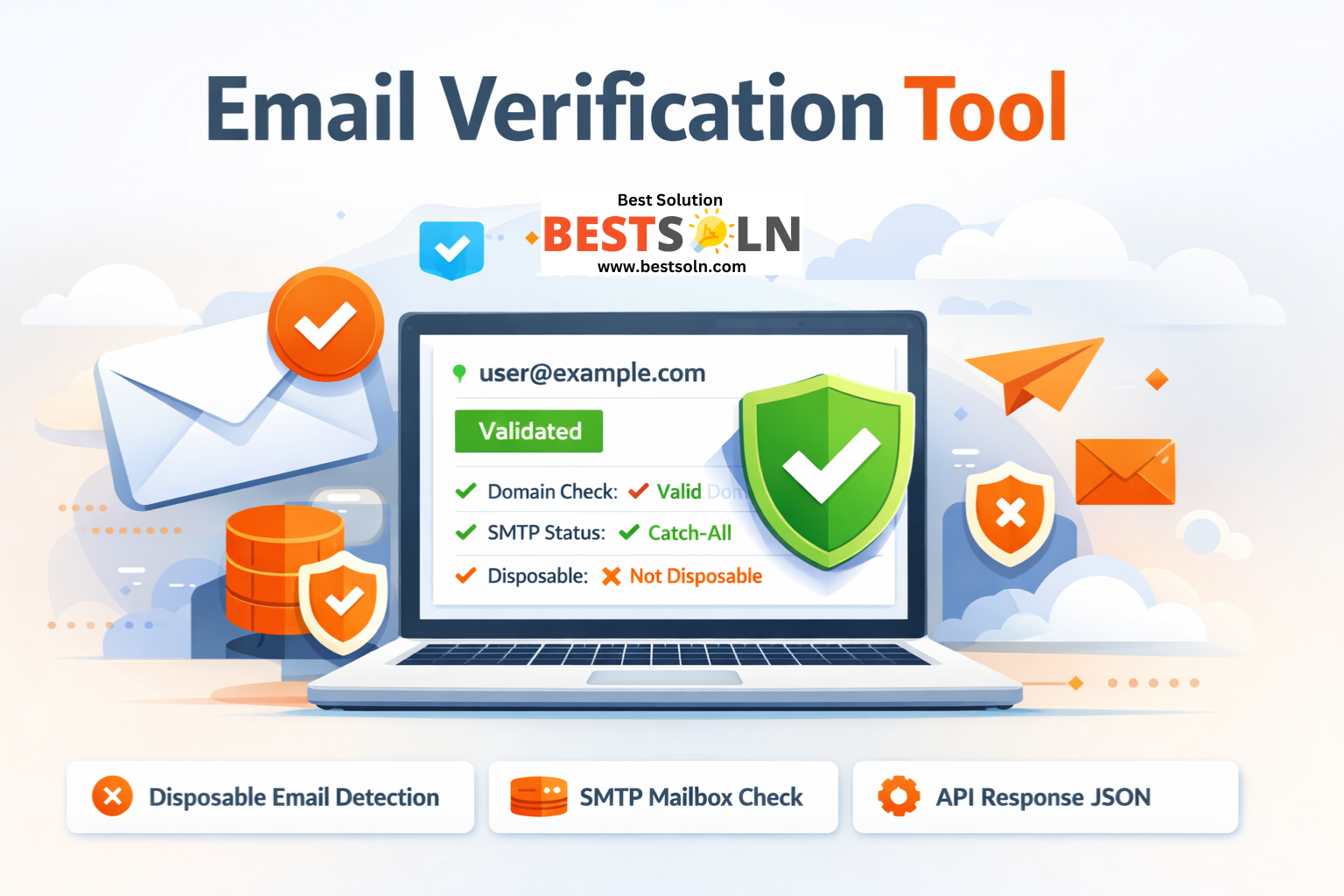


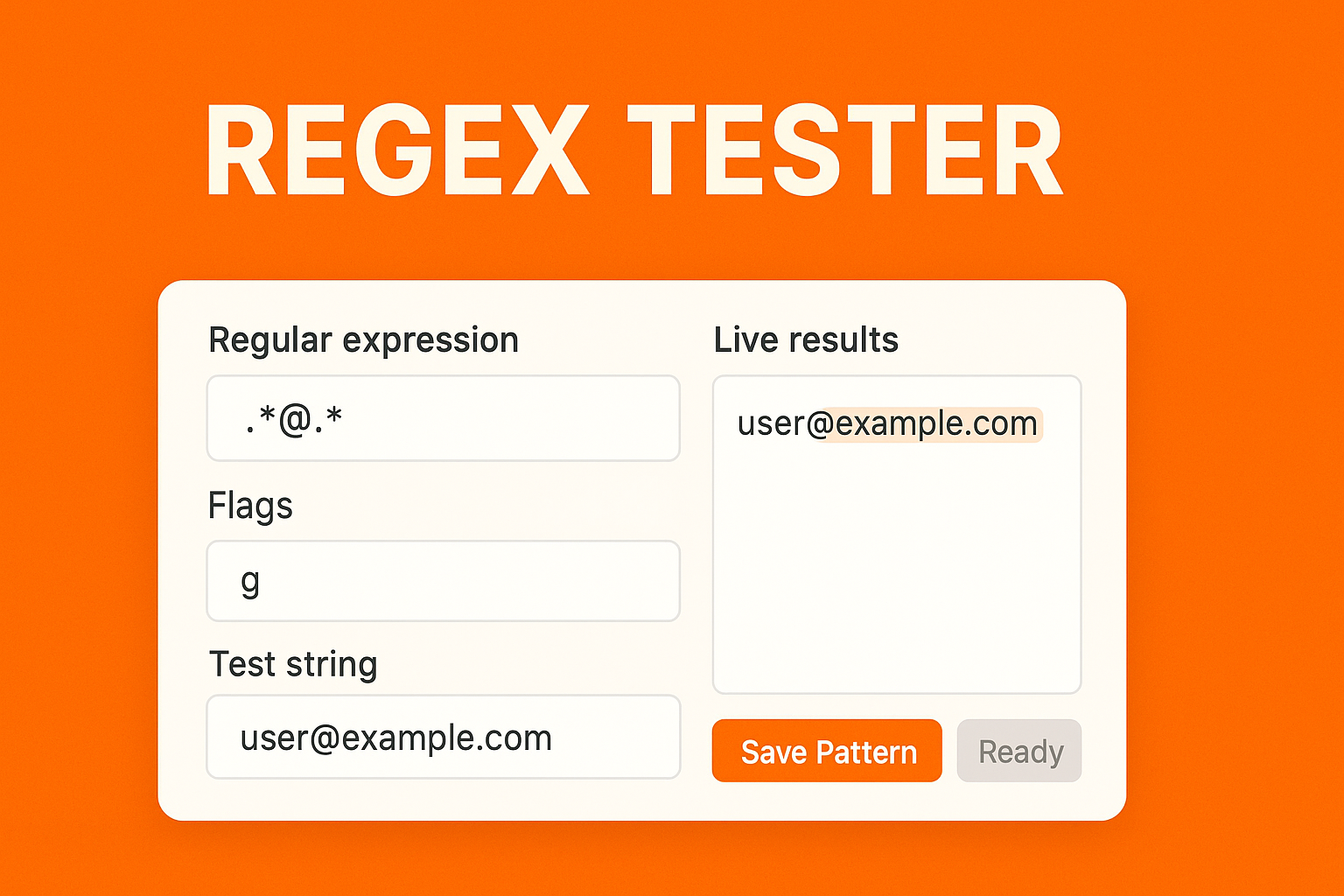








Leave a Reply